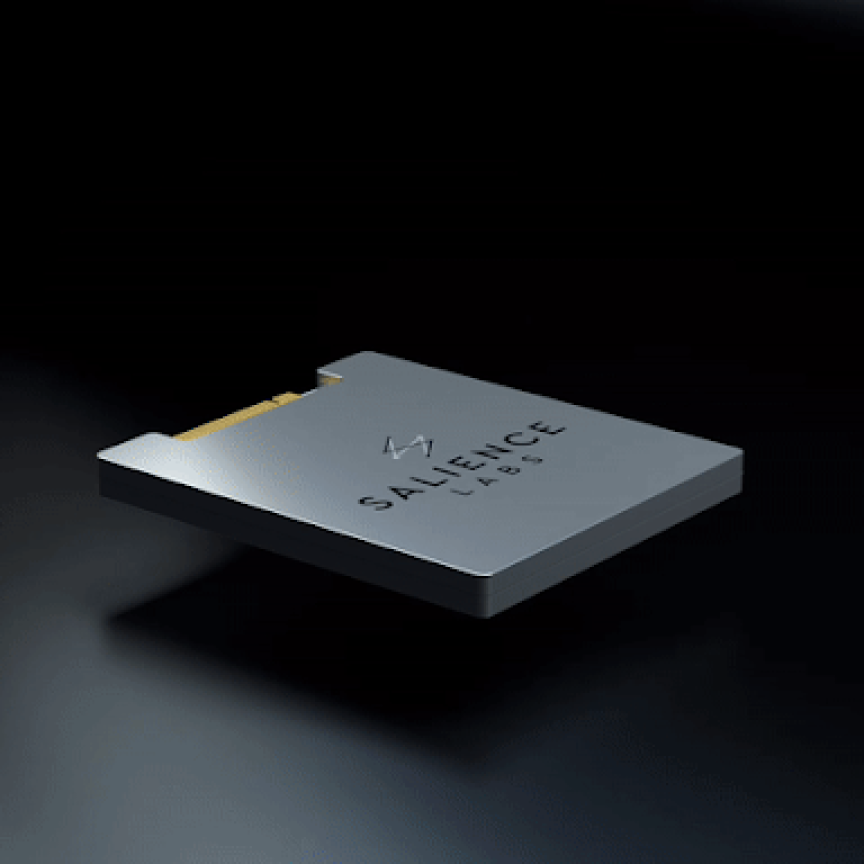A three-year Horizon 2020 Quantum Flagship project, called Uniqorn, has launched that aims to provide enabling photonic technology to accommodate quantum communications.
Uniqorn, which stands for ‘Affordable quantum communication for everyone: revolutionising the quantum ecosystem from fabrication to application’, was selected for funding by the European Commission within the first call of the H2020 Quantum Flagship €1 billion, 10-year programme.
The project will develop the key components for quantum communication systems, such as true random number generation and secure-key distribution. This includes specialised optical sources and detector technology, which will be made on mainstream fabrication platforms.
The Uniqorn consortium is made up of 17 partners from nine European countries. The project coordinator is the Austrian Institute of Technology (AIT), with partners including Eindhoven University of Technology, Micro-Photon-Devices, Politecnico Milano, Smart Photonics, VPIphotonics, and Cordon Electronics.
The industrial end-user perspective will be provided through a system vendor, Mellanox, and operator, Cosmote, while field evaluation activities will be conducted in the live smart-city test-bed run by the University of Bristol.
System-on-chip integration will be a part of the research work, according to silicon photonics firm VPIphotonics. The opto-electronic technology and assembly processes involved have been carefully selected in terms of cost efficiency to deliver performance for the practical field deployment of quantum technology, VPIphotonics said.
Hannes Hübel, scientist and quantum expert at AIT, commented. ‘There is no doubt that this project will help to bridge the Quantum Divide,’ he said. ‘By offering cost-optimised quantum technology that follows a similar success story to microelectronics, not only governments and big organisations but also the general public will benefit from the offerings of the quantum age.’
The project will evaluate its technology in a smart-city environment in Bristol, UK, in tandem with a wide range of telecommunication applications.


